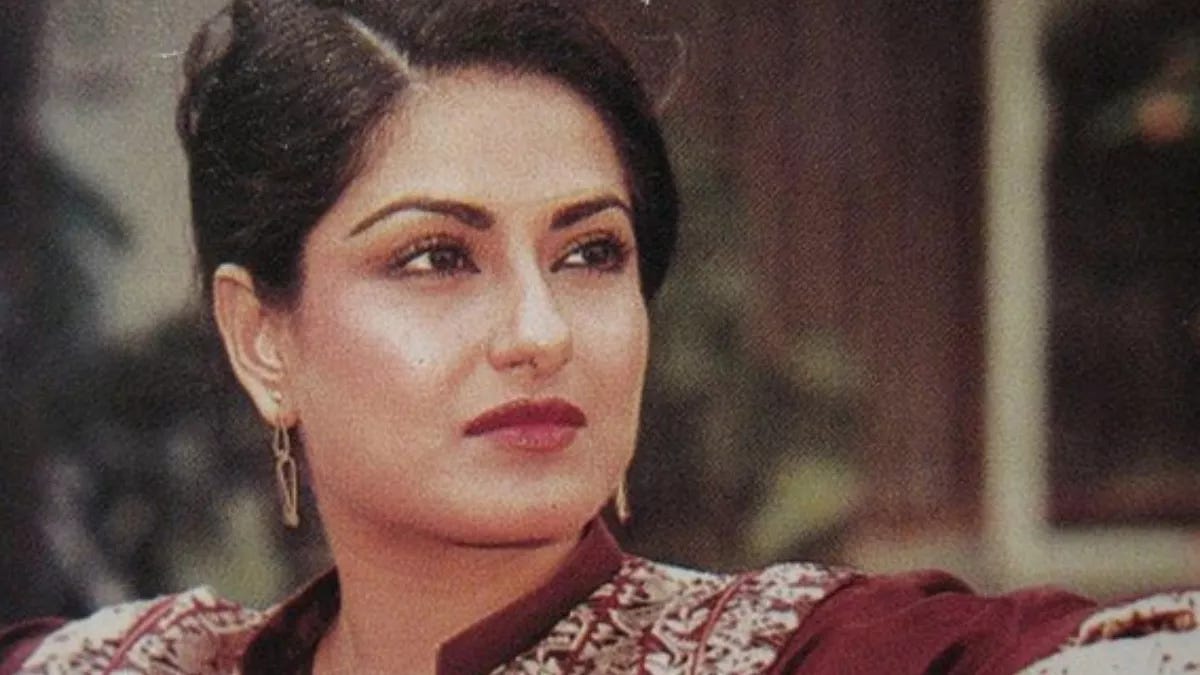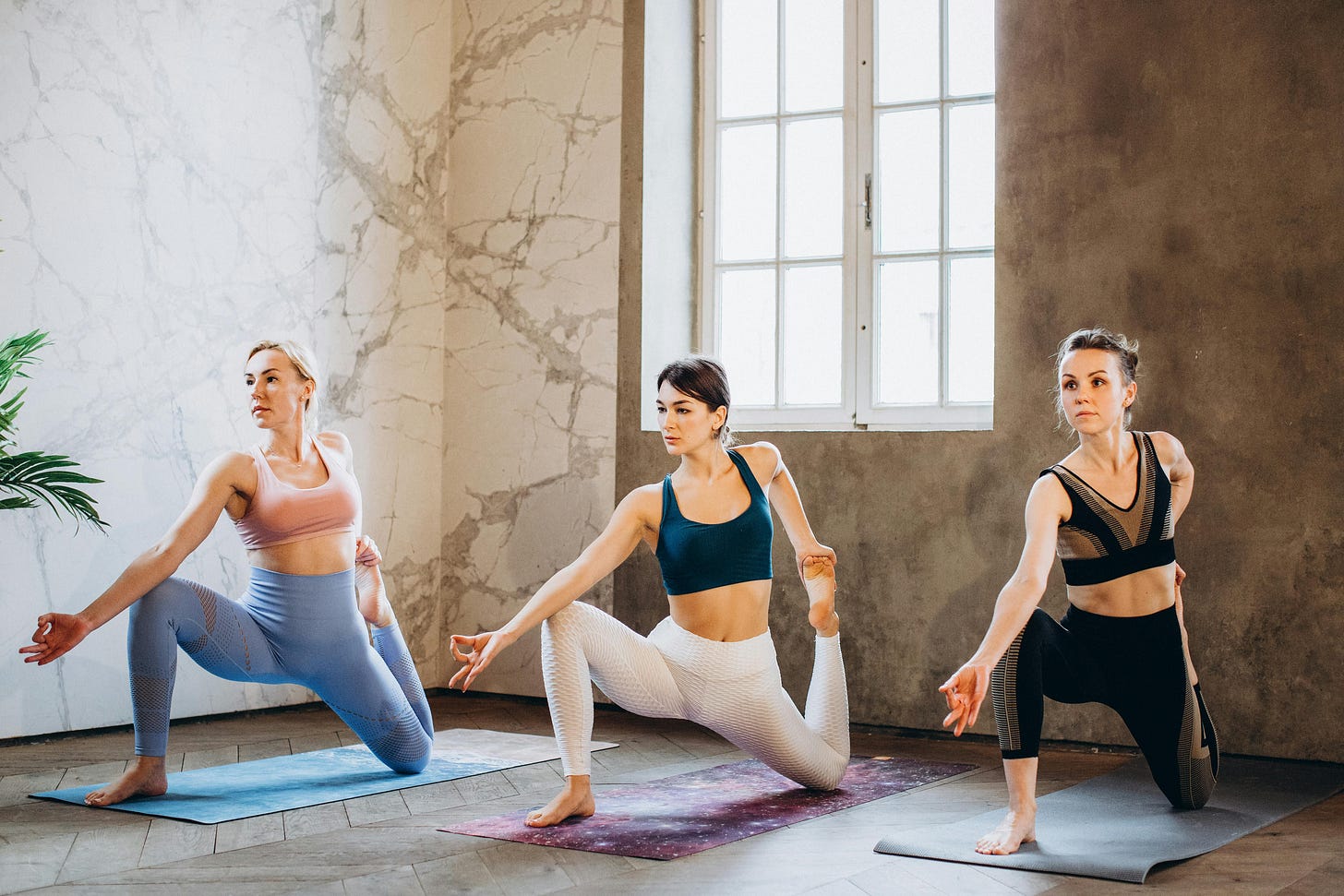Difference means different, and why it's not the same
More explorations and thoughts on the power of difference
When I consider the concept of difference, I am always struck by how much people actually want you to be the same. If you’re that person with a different opinion, idea or thought it makes a lot of people feel uncomfortable. So without realising it, they try and push you into sameness. Perhaps trying to convince you that their way of thinking is right or finding ways to cover up your differences. Often people don’t realise they’re doing it until you point it out to them. And then they don’t like that either. Shrug.
Naming difference
One of the ways in which we see differences is through our names. Yet it’s the very thing that pushes us into same-ness. In my last post I talked about my name being shortened from Mousumi to ‘Mo’. It’s not just me though, it happens to so many people. Especially us from South Asian backgrounds who were somehow never permitted to own the difference in our names. So Sudeshna becomes ‘Sue’, Jayanta becomes ‘Jay’ and Debika becomes ‘Debi’. As children of immigrants it’s difficult to stick up for that difference when you’re already being bullied in the playground for being different. My cousin Sheela Banerjee writes about this brilliantly in her book ‘What’s In A Name?’ where she explores the history, culture and stories behind people’s names.
These name differences were most puzzling as a child when I went to India where I found people thought my full name was completely normal. In fact it’s the name of a famous film star Moushumi Chatterjee so there’s a lot of women around my age with my name. And the different names which stood out so much in a small town in East Anglia are what meant people found us. When Indian doctors were plonked in the local hospital for their placements, they would look up names in the phone directory, then appear at our house for dinner. There was a camaraderie in the Indian-ness which meant my parents were happy to invite complete strangers to our house. And that curiosity around names is something that still intrigues my Mum. If she meets anyone Indian, the first thing she wants to do is explore where they’re from through their names.
Indian actress Moushumi Chatterjee - my namesake!
Our perspectives make us different
If we move beyond names to how we live our lives, it’s our unique perspectives that make us different. That’s where the power lies. I say this to the teenage girls I mentor for a charity. They are always seeking to fit in with others and it makes them miserable. It takes a while, but I usually find I can help them to see that it’s OK to be different…and own it.
This week as I walked past a yoga studio, it made me ponder even further on the concept of difference. There were several women talking outside waiting to go in. And I’ll be honest, they all looked very similar. And I can just imagine what the yoga class they went to inside would be like. Rows of white women in lycra chanting ‘namaste’. I’ve tried those yoga classes. In fact I’ve tried most types of yoga classes and I always end of feeling uncomfortable. Othered for being different in an industry that has appropriated a culture. For more on this, follow the excellent Kallie Rebel Yoga Tribe.
Image - Elina Fairytale on Pexels
It was these experiences with yoga classes that completely put me off the whole wellness and mindfulness industries. I unfollowed all the influencers I was following on instagram and realised their version of these things was what was making me feel inadequate. There was too much emphasis on having to conform to a certain way of doing things. My grandmother meditated, but she didn’t make an industry out of it. The Indian version of meditation and praying was mostly locking herself away in her bedroom on her own for hours on end. Smart move for a woman with 4 children.
It’s these perspectives that I have that I find myself keeping quiet as people mostly want you to think the same as them so they feel comfortable. So they don’t like it if I point out a clothing brand is selling Indian clothing at high prices, but what they’re actually selling is nightdresses. My grandmother would laugh out loud if she saw all these women paying all that money for them and then walking around town in the dresses she would never wear outside the house.
I say this as if the Indian culture permits you to be different. Of course it doesn’t, people are measured against other for how fair skinned they are, how slim they are and compared to others constantly. Like most cultures, what is promoted is the concept of being the same as others. Of fitting in.
Do people actually want the comfort of being the same?
And is all this searching for sameness actually about safety and comfort? It’s uncomfortable when there’s people disagreeing with you or wanting to do different things. Perhaps the easier life is doing what other people around you do, liking what they like and enjoying what makes them happy?
I’m joking of course. I’ve started a whole Substack post about being different for a start.
I think there is definitely comfort and safety in being and thinking the same as others. But the disruption, new ideas, creativity and what gets me excited is when you see something…different. A different way of doing things. Sometimes a new way of doing something that’s already being done. Apple did not invent smart phones with cameras in. They just did what was already being done better and differently, and changed the game. (Confession - I don’t actually like iphones and don’t own any Apple products, but it’s a good example!)
For more on the power of difference, I’ll be back next week. If this has got you thinking, comment, or tag me on Notes. And please do share, I’m just getting started on here, so any support is very welcome.








From Brené Brown - The Opposite of Belonging Is Fitting In.
She defines belonging as “being part of something bigger but also having the courage to stand alone, and to belong to yourself above all else.”
In that case, belonging is actually the opposite of fitting in! Fitting in means that we are changing ourselves to make other people like us. Fitting in means that we betray ourselves.
The minute you become who someone wants you to be, to fit in and make sure people like you, is the moment you no longer belong anywhere.
--
I find it very interesting, in relation to names because they are given to us - assigned almost and you can be beholden to it along with expectations from the care givers who gave it to you. I could get very deep into all of this, but I won't... Today at least.
Lots to muse on!